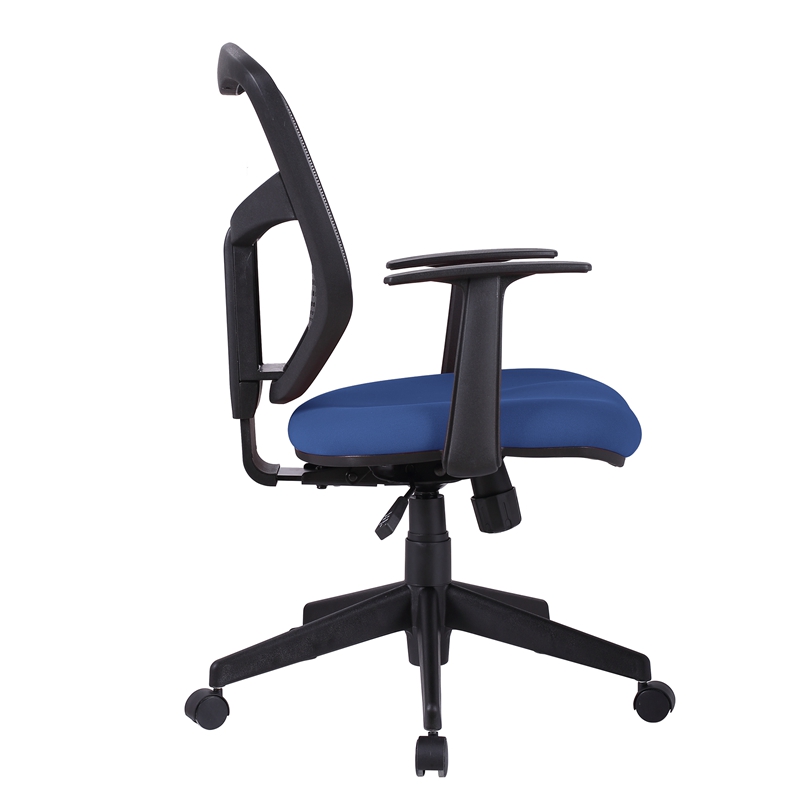Sustainable and Comfortable Office Chair Vendors for Eco-Conscious Work Environments and Ergonomic Solutions
The Rise of Eco-Friendly Ergonomic Office Chair Suppliers
In today’s world, where environmental concerns are at the forefront of many discussions, the significance of sustainability is being recognized across all sectors, including office furniture. An area that has gained attention is the manufacturing and supply of eco-friendly ergonomic office chairs. As businesses pivot towards sustainable practices, eco-friendly ergonomic office chair suppliers are stepping into the spotlight, offering products that promote both health and environmental responsibility.
Understanding Ergonomics
Before delving into the eco-friendly aspect, it's essential to understand what ergonomic design entails. Ergonomics refers to the science of designing a workspace that optimally fits the needs of the users. An ergonomic office chair is specifically designed to support a worker's body in a way that minimizes strain and reduces the risk of musculoskeletal problems. These chairs typically feature adjustable elements, such as seat height, backrest, armrests, and lumbar support, which allow users to tailor the chair to their specific needs.
The Importance of Eco-Friendly Materials
The eco-friendly movement emphasizes reducing waste and using sustainable materials to manufacture products. Eco-friendly ergonomic office chair suppliers focus on incorporating materials that are either recycled or sourced sustainably. For example, some chairs are made from post-consumer plastics, which help reduce landfill waste. Others use organic or sustainably harvested wood, avoiding harmful chemicals often found in traditional furniture production. Furthermore, upholstery made from natural fibers can enhance the chair's sustainability quotient.
Benefits of Eco-Friendly Ergonomic Office Chairs
1. Health and Comfort First and foremost, an ergonomic chair enhances comfort and promotes better posture, helping to alleviate stress on the spine and neck. When combined with eco-friendly materials, these chairs provide a dual benefit—comfortable seating that is also good for the planet.
2. Environmental Responsibility By choosing an eco-friendly chair, consumers contribute to a reduction in their carbon footprint. These chairs are often produced using less harmful chemicals, minimizing air pollution during the manufacturing process.
3. Durability and Longevity Eco-friendly chairs are designed to last, often utilizing robust materials that withstand wear and tear. Investing in durable office furniture can lead to decreased need for replacements and less waste over time.
eco friendly ergonomic office chair suppliers

4. Corporate Social Responsibility (CSR) Businesses that prioritize the use of eco-friendly ergonomic furniture often bolster their brand image. This commitment to sustainability resonates particularly well with environmentally conscious customers and employees, enhancing a company's reputation.
Choosing the Right Supplier
When selecting an eco-friendly ergonomic office chair supplier, businesses should consider several factors
- Certifications Look for suppliers with certifications like Forest Stewardship Council (FSC) for wood products or Greenguard for emissions. These certifications highlight a commitment to sustainability and health.
- Customization Options A good supplier should offer a range of options to cater to individual ergonomic needs.
- Transparency Suppliers that are open about their manufacturing processes and the materials used are often more trustworthy. They should provide information on their sourcing and production methods.
- Customer Reviews Feedback from other customers can provide valuable insight into both the product quality and the supplier's reliability.
Conclusion
The demand for eco-friendly ergonomic office chairs is more than just a trend; it represents a shift towards a more sustainable future. With increasing awareness of the importance of health and environmental stewardship, eco-friendly ergonomic office chair suppliers are crucial in helping businesses create workspaces that are both functional and responsible. Investing in such furniture not only enhances employee wellness but also contributes positively to the planet, embodying a holistic approach to modern workplace design. As we continue to navigate through environmental challenges, the role of these suppliers becomes ever more essential in shaping sustainable practices in the workplace.
share:
-
Multi Colored Modular SofasNewsJul.07,2025
-
Enhance Seating Experience with Chair AccessoriesNewsJul.07,2025
-
Enhance Four Legged Chairs with WheelsNewsJul.07,2025
-
Elevate Your Workspace with Luxurious Boss ChairsNewsJul.07,2025
-
Discover Comfort of Compression SofaNewsJul.07,2025
-
Training Chairs Aim To Provide A Fully Functional And Flexible Workspace For Various Training, Educational, Or Collaborative ActivitiesNewsJun.06,2025
-
The Big Boss Office Chair Aims To Provide Comfort And Support For Individuals In Management Or Leadership PositionsNewsJun.06,2025









